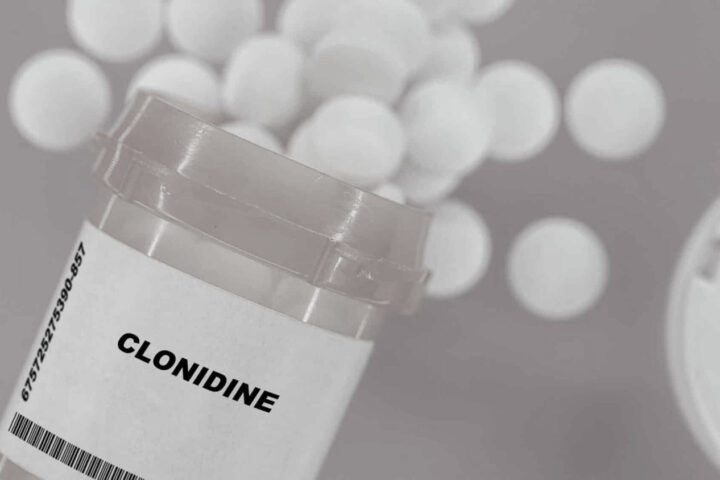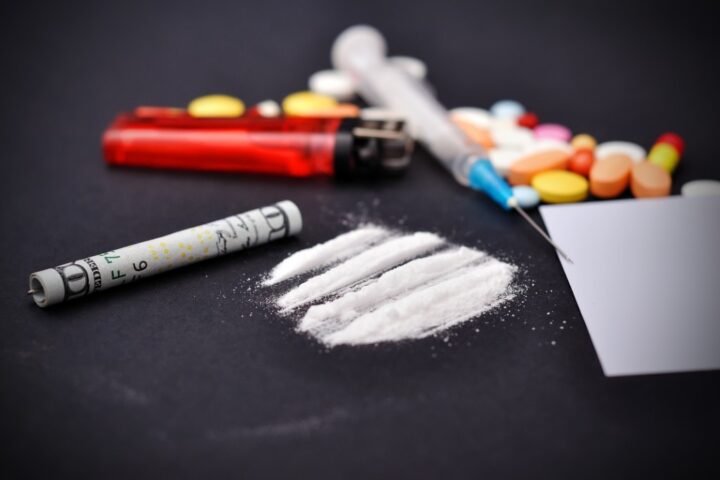You wake up early every morning, strap on your running shoes, and take off for a refreshing jog around the block. This healthy habit of exercise is undoubtedly beneficial for your physical well-being, but when does this habit cross the line into the realm of addiction?
A healthy habit turns into an addiction when it begins to interfere with your daily life, relationships, and overall functioning. The action itself isn’t inherently harmful. What matters is the context, the frequency, and the impact it has on your life. Let’s use exercise, for example. Regular physical activity is essential for maintaining good health, but when you start skipping work to go for a run or neglecting social obligations to hit the gym, it could be an indication that your healthy habit has turned into an addiction.
Often, people don’t recognize when a behavior starts controlling them rather than them controlling the behavior. Just as with drug or alcohol addiction, those affected by behavioral addictions, such as exercising, shopping, or even seemingly innocuous activities like cleaning, may deny their problem, hiding it from others and rationalizing their excessive behavior. So, it’s essential to monitor not just what you do, but how it affects you and your life.
Here’s a little-known fact: there’s actually a term for addiction to exercise – it’s called “exercise bulimia” or “compulsive exercise.” It’s a behavioral disorder where a person feels compelled to exercise to an extreme extent as a way to burn the calories of food intake and achieve a certain physical aesthetic. It’s just one example of how a healthy habit can become an addiction when taken to extremes.
In South Africa, the focus on addiction often revolves around substances such as alcohol and drugs, but behavioral addictions are also a significant concern. It’s crucial to educate people about the signs of these types of addictions and encourage them to seek help if they feel their healthy habits might have turned into unhealthy obsessions.
To ensure you maintain a balance, it’s advisable to evaluate your habits regularly. Ask yourself: Is this habit enhancing my life or causing me distress? Is it improving my well-being or hindering my relationships? And most importantly, can I stop if I need to? If you feel like a habit is starting to control you, it might be time to seek help.
Remember, a healthy habit becomes an addiction when it takes over your life, when you lose control, and when it starts to harm your mental, physical, and social well-being. It’s about balance. Healthy habits should enhance your life, not take it over.
And if you, or anyone you know, is struggling with crossing the line from habit to addiction, reach out for help. There are numerous resources available, from community centers to online support groups, and professional therapists and counselors. You are not alone in this, and there’s always help available. Your healthy habits should contribute positively to your life – not become a burden.
When you hit the road for that refreshing early morning jog, or when you consciously choose a salad over a cheeseburger, you’re practicing healthy habits. But in the grand spectrum of actions and behaviors, where is the line that separates a ‘healthy habit’ from an ‘addiction’? Is it a fine line or a vast gray area? We’re delving into this topic today, shedding light on some lesser-known aspects, and discussing the importance of maintaining balance in our habits.
Distinguishing between a Healthy Habit and an Addiction
| Healthy Habit | Addiction |
|---|---|
| Enhances life and overall health | Interferes with daily life |
| Provides pleasure but isn’t compulsory | Compulsion or uncontrollable need |
| Doesn’t cause withdrawal when missed | Causes withdrawal symptoms |
| Is flexible and can be adjusted | Rigid and not easily changed |
Now, you might ask, how does a healthy habit transition into an addiction? Well, it’s not about the action itself, but rather how it’s executed and the consequences it brings.
Signs Your Healthy Habit Might Be an Addiction
- Interference with daily activities or responsibilities.
- Persistent desire or unsuccessful attempts to cut down or control the behavior.
- Spending a great deal of time in activities necessary for the behavior.
- Continued engagement in the behavior despite having persistent or recurrent social or interpersonal problems caused or exacerbated by the consequences of the behavior.

FAQs:
- How do I know if my healthy habit is turning into an addiction?If your habit starts interfering with your daily life, relationships, or causes distress, it might be transitioning into an addiction.
- What should I do if my healthy habit becomes an addiction?If you feel your healthy habit is turning into an addiction, seek help. Reach out to a mental health professional or support group.
- Can any healthy habit become an addiction?Yes, any healthy habit can become an addiction if it’s taken to the extreme and starts having negative effects on your life.
- Is addiction only related to substances like drugs and alcohol?No, addiction can also be behavioral, relating to certain actions like exercising, eating, or even shopping.
- Where can I seek help in South Africa if I’m struggling with addiction?South Africa has numerous resources for individuals struggling with addiction, ranging from community centers, online support groups, to professional therapists and counselors.
As we wrap up, let’s revisit the essence of our discussion. The distinction between a healthy habit and an addiction lies in how it affects you and your life. Any behavior, no matter how beneficial it might seem, can become detrimental when it crosses the boundary into addiction.
If you, or anyone around you, are struggling to maintain this balance, it’s essential to remember that seeking help isn’t a sign of weakness. In South Africa, many resources and support systems are readily available for people grappling with this issue.
The essence of a healthy habit lies in its capacity to enhance your life and not take it over. And remember, you are not alone in your struggle. Reach out, seek help, and regain control over your life. Remember, your well-being is not just about the absence of disease but about complete physical, mental, and social health. Balance your habits, balance your life.



